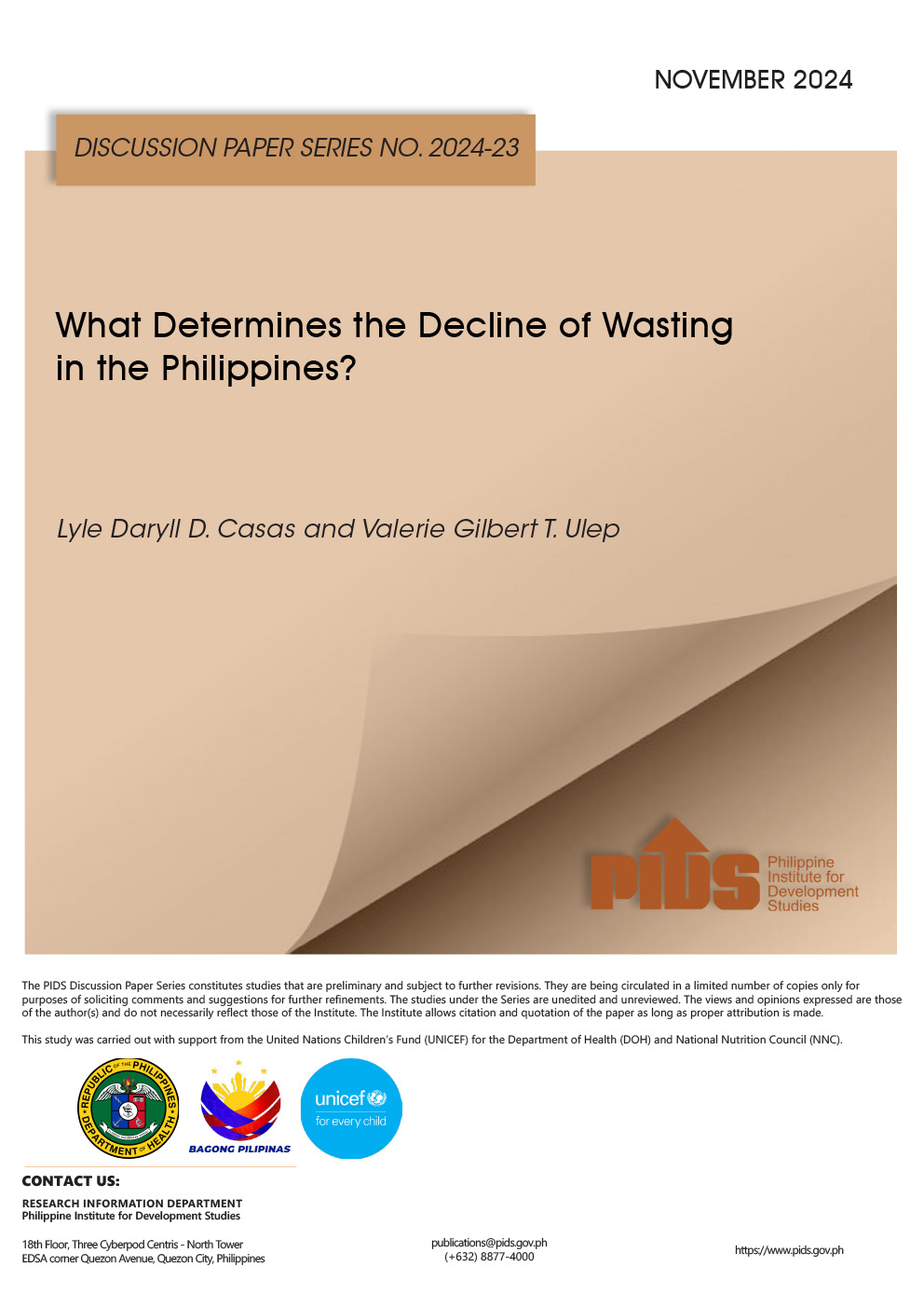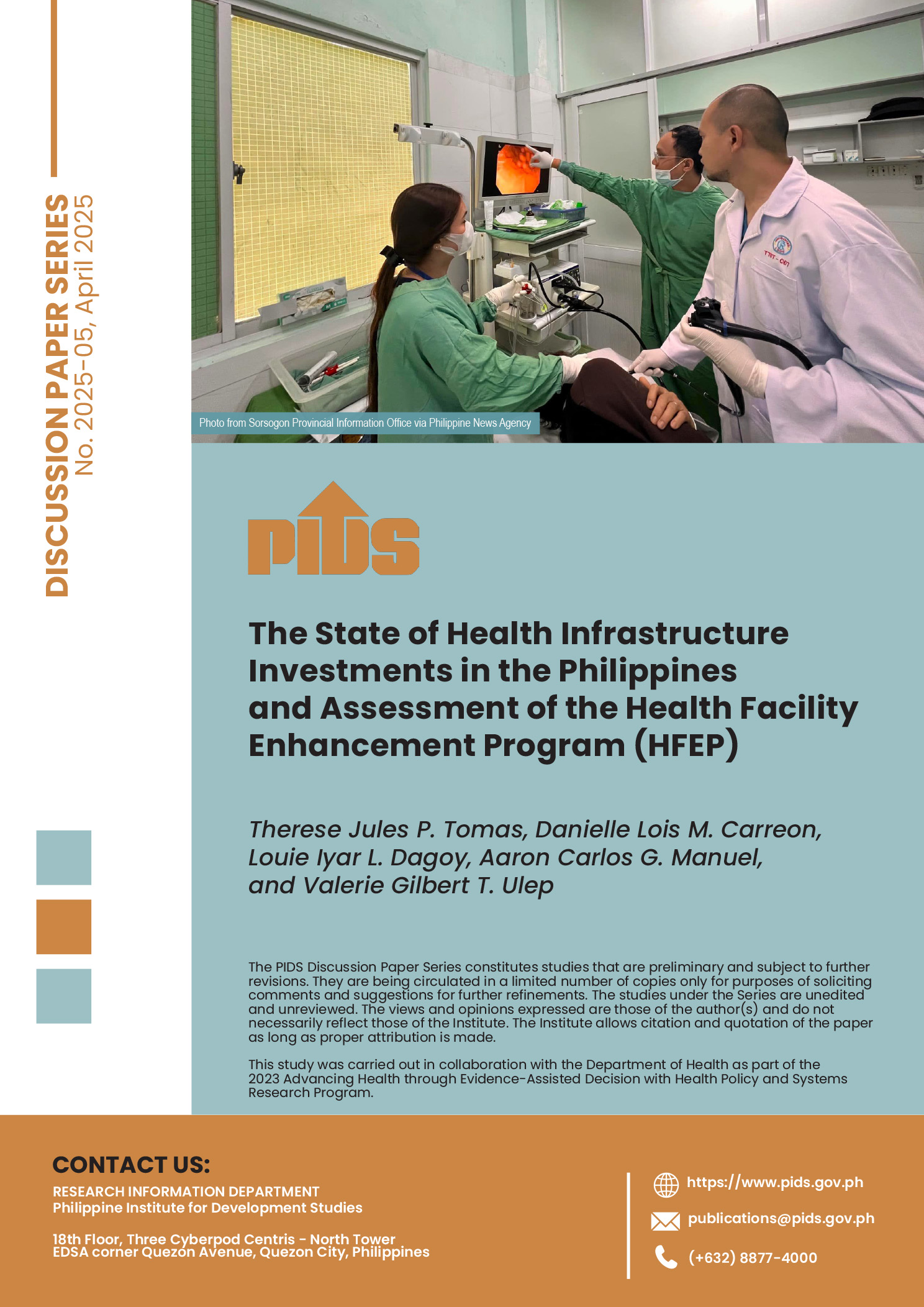TAIPEI — Wellell, Inc., a Taiwan-based medical solutions provider, is seeking Philippine distributors for its new adjustable hospital mattresses, designed to protect bedridden patients from injuries and reduce nurses’ workload, a company official said at the weekend.
“We have been trying to attract a distribution partner who has been doing business with Philippine hospitals, and we would like to [partner] with them,” Wellell Project Director Gustavo Kao told BusinessWorld on the sidelines of the Healthcare+ Expo in Taipei.
Since its founding in the ’90s, Wellell has been a supplier of patient-care mattresses in several countries, including the Philippines.
He noted the company’s latest versions of mattresses were produced in consultation with caregivers, who often experience professional injuries such as back pain after assisting bed-ridden patients in switching positions every two to three hours.
Patients may also suffer pressure injuries from laying in bed all day, he said.
“[An] efficient way to help the caregiver [change a patient’s position] easily and, at the same time, make sure that the patient laying on the mattress doesn’t develop any pressure injuries is to have a very comfortable area to lie upon,” he said.
The mattress, the company said, is composed of “air cells” that are inflated, deflated, and adjusted according to changes in a patient’s lying position.
Patients lying on an Optima Prime mattress can easily reposition their heads amid tubes connected to them, as well as protect themselves from facial injuries, Mr. Kao said.
He added that lying in a prone position would help coronavirus patients with acute pneumonia, for example, whose lungs had accumulated liquid.
“During the COVID time, you see a lot of patients in a prone position because [in] that position, they can breathe easily,” he said.
Using the Optima Prone mattress could trim down the number of nurses needed to assist a patient, he said.
On the other hand, the Optima Turn mattress — also called the rotating mattress — automates the 30° turn and helps patients angle their bodies in lateral positions.
“According to the literature, the 30° is the best-optimized angle [for patients,]” Mr. Kao said.
The mattresses have been sold at hospitals in Taiwan, Australia, New Zealand, Thailand, and China.
“We try to stand in their [caregivers’] position and discuss what kind of product can help reduce their pressure reduce their [need for] attention [to patients…] so that’s why we developed two very innovative mattresses,” Mr. Kao said.
He added that the costs of the mattresses could be more easily handled by hospitals, which may still opt for rentals to cut costs.
Recognizing that their existing market in the Philippines is on at-home patient care mattresses, Wellell is also looking into manufacturing mattresses that are cheaper and home-based.
“We will, in the long term, maybe design another more economical mattress but right now because hospitals has a huge demand [for our new mattresses,] we’ll try and launch this first,” he said.
In the Philippines, hospital bed sufficiency is still a “widespread challenge,” according to a 2022 study by the Philippine Institute for Development Studies, as 27 provinces have less than 0.5 in median hospital bed capacity for every population of 1,000.







